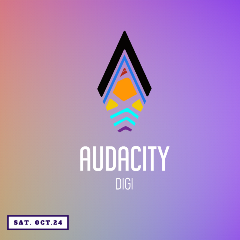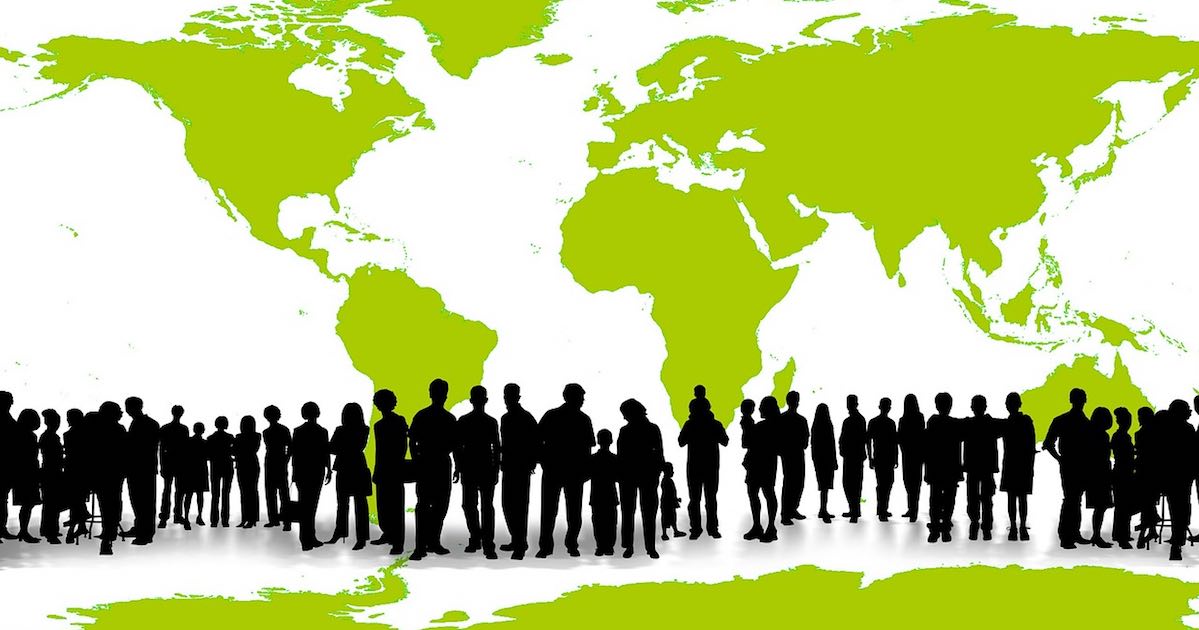In 2011, Evita Robinson, founded NOMADNESS Travel Tribe, an online social community focused on travelers of color. That naturally led to AUDACITY Fest, a face-to-face gathering for this community that debuted in Oakland, Calif., in 2018. However, like so many other events this year, AUDACITY Fest had to be postponed due to the coronavirus pandemic—so Robinson launched the AUDACITY Digi series! The next AUDACITY Digi takes place Saturday, Oct. 24. Register to attend now!
We talked with her about these activities, the challenges of switching to virtual as well as diversity and inclusion in the meeting and travel industries.
What are the greatest challenges you’ve faced with the pivot to virtual delivery for the AUDACITY Digi series?
Making sure our content is representing the needs of our attendees, in that moment. Things are changing so fast, and with everything adjusting to tech, it’s always about having our finger on the pulse of our community as things open (and close) at varying rates.
Can you share an inspirational story you’ve heard from an attendee after experiencing one of the earlier editions of AUDACITY Digi?
Not just from attending AUDACITY Fest, but also being a member of our community—the inspiration is endless. We have numerous stories of members who have been inspired and quit jobs that weren’t feeding their souls. Members have packed their children up and moved abroad. Members have created businesses with one another after meeting on a NOMADNESS trip or at an event. Members have gotten married and had babies together. Members have told us that NOMADNESS has saved their lives and created a community for them when their biological family just didn’t get it. There are levels and levels to the support that we give one another.

Do you anticipate continuing the Digi series after face-to-face events are safe again?
Yes. We’ve already got partnerships and dates through August 2021. We’ve gotten such a powerful response from attendees, that we are now going to continue the Digi aspect, even once the in-person festival is cleared to come back. Digital also helps break the demographic barrier—anyone from anywhere can join. We want to keep that element.
How can people best get involved with AUDACITY, either by joining an upcoming digital event or engaging with your team?
Show up. The NOMADNESS Travel Tribe Facebook group and AUDACITY demographic tagline: for travelers of color and our allies. If you fall within that, then you are welcome into our cyber walls. Come in, learn, listen, gain knowledge from our experiences to help make your travel offerings better and more inclusive.
How can meeting and travel professionals better embrace diversity in an authentic way? What’s holding that back?
Meeting our communities where we are. Stop trying to recreate the wheel or tell our stories for us. We are capable and already trusted in our community. Partner with us, meet us where we are, and play the role of student and amplifier to our stories. I can’t answer about what’s holding that back. It’s the industry’s issue, not ours.
What can you share about the NOMADNESS Diversity in Travel Consensus survey?
We just finished the cleaning and have our partners at Tourism Reset going through initial analysis now. We’re excited to see the trends that show themselves about our community. We’ll be doing a full reveal for the industry at an event we have for December 10th. Interested parties can sign up here. During that event, I will be presenting our trends to attendees, and we will be having a panel discussion with a number of travelers that fall into our demographic and also speak to our represented trends.

